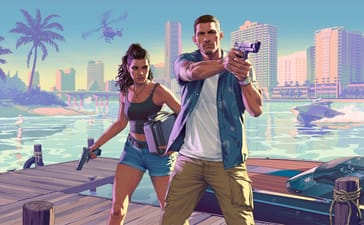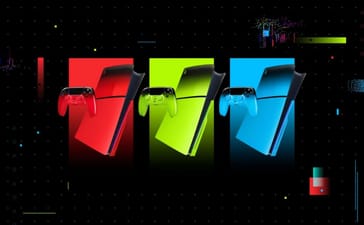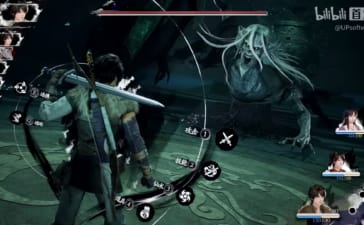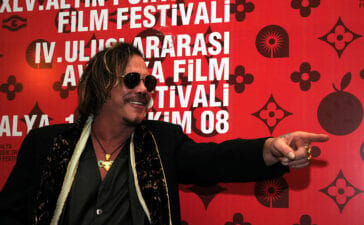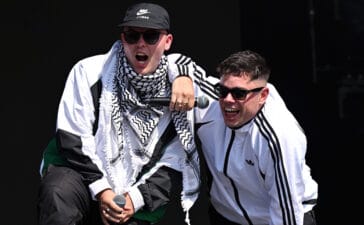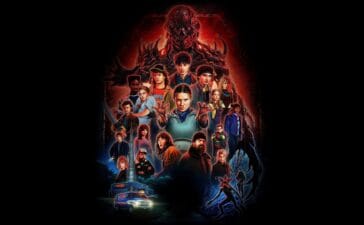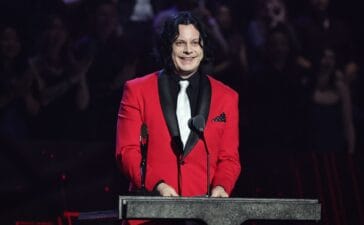Tony Hawk’s Pro Skater took skateboarding from niche to mainstream and defined a generation through combos, culture and killer soundtracks.
In the early 80s, Frank Hawk – the father of Tony Hawk, still a scrawny teenager some years away from becoming the most famous and iconic skateboarder in the world – founded the National Skateboarding Association.
At that time, skateboarding was in decline: the Association of Skatepark Owners, which ran most of the skateboarding contests across the US, was on its last legs as parks across the country shut. Frank – an attentive and loving father – began the association largely for his son’s benefit, to give his passion some direction.
Tony would go on to become a professional skateboarder by the age of 14, turning his obsessive focus and collection of scabs into a legitimate career.
On June 27, 1999 – just three months before the PlayStation release of the first Tony Hawk’s Pro Skater – a 31-year-old Tony Hawk landed the first successful 900 at the Summer X Games. It was the first time anyone had managed to spin 900 degrees in the air – two and a half full rotations – on a vert ramp, When his game shipped in September of that same year, the 900 was one of the special moves Tony could pull off, and the legend of his impressive feat spread – even among players who, before Tony Hawk’s Pro Skater, knew little or nothing about skateboarding.
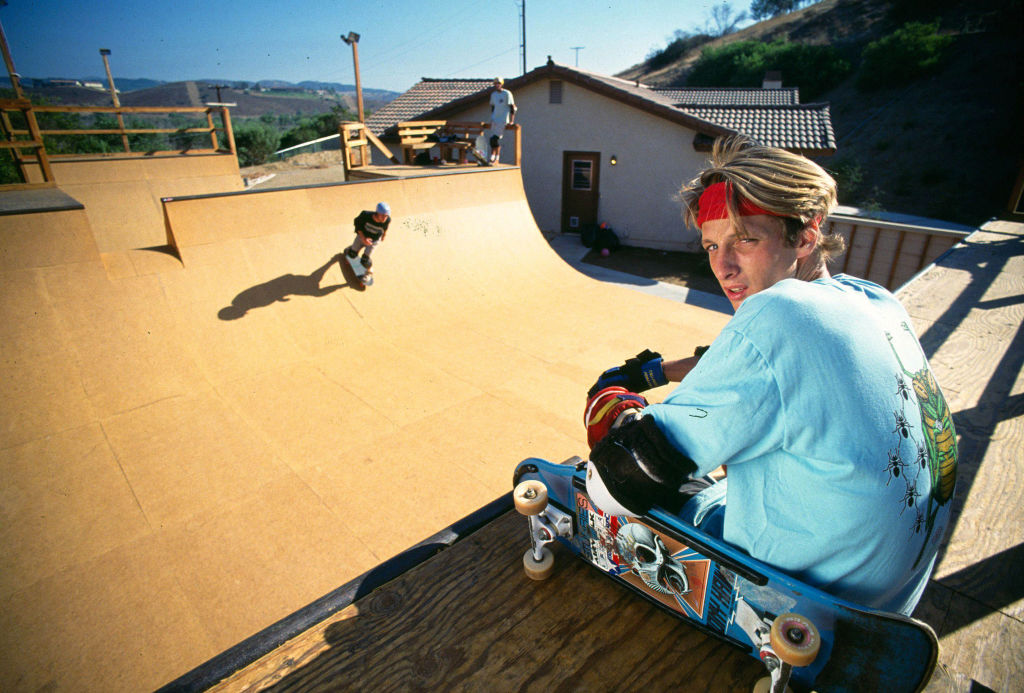
Throughout the 80s, skateboarding had been in decline, and in the 90s it was still seen, largely, as a niche activity and lifestyle. By 2001, there were more kids skateboarding in the US than playing baseball. And at least part of that can be attributed to the popularity of the culturally seismic Tony Hawk’s Pro Skater series.
The Tony Hawk’s Pro Skater series took something fundamentally interesting – hurling yourself around on a plank of carved wood with wheels attached – and gave everyone a sense of what it feels like. The first Pro Skater is a little more grounded than the entries that followed, featuring lines and situations that are a little closer to the real thing, but still hugely exaggerated. Still, it captured some approximation of how it must feel to do something, objectively, very cool – to hurl yourself in the air, grab the board, spin around, and land it again, or to grind a rail, or to kickflip over a huge gap.
Later skateboarding games from other developers would push harder for realism, but Neversoft – the sadly defunct studio behind these games – presented skateboarding as a sport of combos, huge jumps, and a comical spray of blood when your skater’s head hits the ground after stacking. It was exaggerated, but still true to what makes skateboarding such an interesting sport.
Part of the appeal of these games was the way they mixed vibes, portraying skateboarding in both a subversive and a professional context. Abandoned warehouses, after-hours businesses, locations that were perfect for skateboarding but where it would, theoretically, not be allowed – most of the levels presented skateboarding as disruptive to the established order.
But the series leaned into more traditional skateboarding competitions too – the score-based competition levels aren’t unlike the ones professionals compete in, even if the game’s maps were occasionally fantastical (to the best of my knowledge, no skateboarding contests are held in active bullrings, with a stampeding bull knocking skaters out). Skateboarding was cool and anti-authority, these games said, but also worth taking seriously.
The Tony Hawk’s Pro Skater series’ soundtracks were expertly curated too, featuring punk and metal tracks that served both as great examples of the genre, but also as perfect introductions to a generation of kids that did not have Spotify to help them figure out their music taste.
Is there a better ska song than Goldfinger’s ‘Superman’? Maybe not! The soundtracks in each subsequent game became longer, but no less celebrated – THPS3 introduced me to Motorhead, Bodyjar and The Ramones, and now those songs, conversely, remind me of Tony Hawk’s. Much has been written about these soundtracks, and it’s all true – they were, and are, near-perfect.
But perhaps the design decision that most effectively drew new fans into skate culture was the addition of unlockable highlight reel videos for each skater. Before YouTube or social media, skate videos were a niche genre, the sort of thing you’d only see if you went to a specialist store and bought a premium-priced VHS or DVD. I’ve never skated, but I watched Rodney Mullen’s tape in Tony Hawk’s Pro Skater 3 over and over again, stunned at his absolute mastery of flatland tricks – and I was stoked when THPS4 let you pull off many of them as part of a combo.
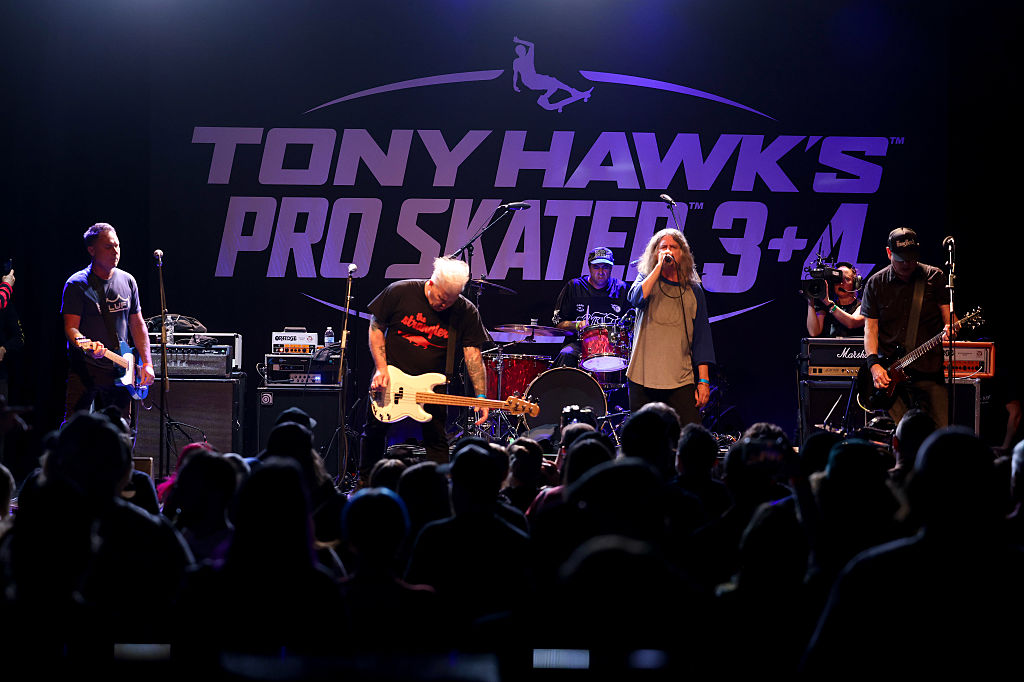
Unlocking each character’s video in each new game became an exciting hook, and seeing the real versions of each skater showcasing their skills gave players a deeper appreciation for the sport they were approximating in the game. Tony Hawk’s Pro Skater introduced skate culture, and everything that came with it, to people who weren’t necessarily interested in becoming skateboarders themselves.
In 2025, Tony’s still going. He still skates regularly, and the game remakes have aged up alongside him and other returning skaters. There’s a new generation of skaters in the games too, including Tony’s son Riley (who married Frances Bean Cobain in 2023, in a wedding officiated by R.E.M.’s Michael Stipe, a moment of joy for all 90s kids).
The reappearance of these old games, and the skaters that featured so heavily in them, are a solid reminder that the legacy of the THPS series never faded. After 25 years skateboarding is more respected than ever, no longer relegated largely to teens and young punks (it’s in the Olympics now!) and those soundtracks still slap.
It’s not so much that the Tony Hawk’s Pro Skater games made skateboarding cool: they simply let the rest of us in on the fact that skateboarding was, is, and always will be, cool.



